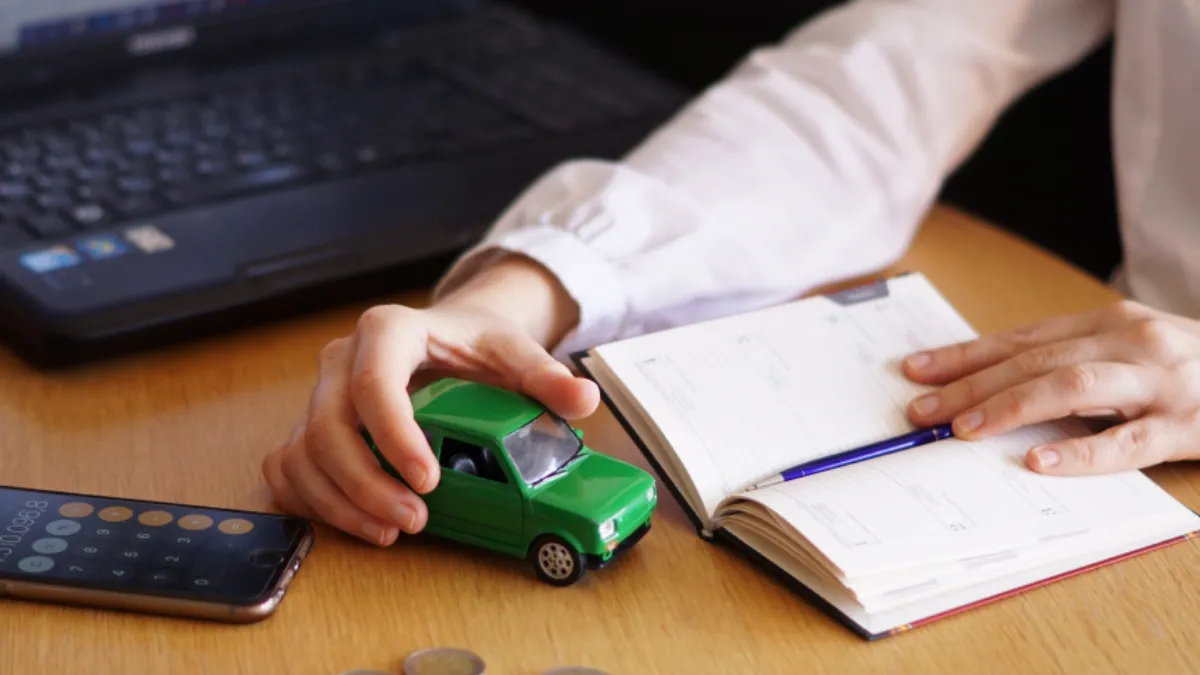Buying a car is one of the most common types of financing in the U.S., and your credit score plays a major role in the kind of loan terms you’ll be offered. But the good news? You can buy a car with nearly any credit score. The trick is understanding how your score impacts interest rates, loan approval chances, and overall affordability. Below, we break down the credit score ranges, what you can expect at each level, and how to prepare.
1. What Is the Minimum Credit Score Needed to Buy a Car?
Technically, there is no “minimum” credit score required to buy a car—because some lenders are willing to work with borrowers who have credit scores as low as 300. However, the lower your score, the fewer options you’ll have, and the higher your interest rate is likely to be.
Most traditional lenders (like big banks and credit unions) prefer a minimum score of around 600–620 for auto loans. If your score is below that, you may need to look at subprime lenders, Buy Here Pay Here dealerships, or find a cosigner to qualify.
While buying a car with bad credit is possible, expect to pay significantly more over the life of the loan due to higher APRs. The key is to shop around and compare rates before committing to any one lender.
2. How Different Credit Score Ranges Affect Car Loan Options
Lenders usually categorize credit scores into five groups that influence loan terms and approval chances:
300–579 (Very Poor): Difficult to get approved. Likely to need a cosigner, large down payment, or consider Buy Here Pay Here options.
580–669 (Fair): Known as subprime. Higher interest rates (10%–20%), but more lenders will work with you.
670–739 (Good): This is where rates improve significantly, often ranging from 6% to 9%.
740–799 (Very Good): Prime territory. Expect low interest rates (around 4%–6%) and flexible loan terms.
800–850 (Excellent): The best rates on the market—sometimes under 4%—with quick approvals and premium terms.
The difference between a “Fair” and a “Very Good” score can mean thousands of dollars saved over the loan’s life, so it’s worth understanding your position and how to improve it.
3. Can You Buy a Car with Bad or No Credit?
Yes, buying a car with bad or no credit is very possible—but it comes with extra challenges. If your credit score is below 580 or you have no credit history at all, you’ll need to look into lenders that specialize in subprime financing. Companies like Auto Credit Express, DriveTime, or Carvana work with bad credit borrowers and may not require traditional credit checks.
You’ll also improve your chances with a steady income, a large down payment, and minimal existing debt. In some cases, lenders may require proof of residence, employment, and banking history to approve you. Even if the interest rates are high at first, financing a car responsibly can help build your credit over time. Be cautious though—predatory lenders often target bad credit borrowers with hidden fees or balloon payments. Always read the fine print.
4. Why Your Credit Score Affects Your Car Loan Interest Rate
Lenders use your credit score to assess how likely you are to repay a loan. A higher score generally means you’re less risky and therefore qualify for lower interest rates. A lower score signals to lenders that you might be a riskier borrower, so they charge more to offset that risk.
For example, a buyer with a credit score of 750 might get a 4% APR on a $25,000 loan, while someone with a score of 550 might be offered a 17% APR on the same amount. That difference in interest could mean paying thousands more over a five-year loan term.
Your score also influences your loan approval speed, down payment requirements, and even the types of cars you’re eligible to finance. It’s why many experts suggest checking and improving your credit before applying, even if only by a few points—it can make a big financial difference.
FAQs
Q1: What’s the average credit score for car loan approval in 2025?
As of 2025, the average credit score for borrowers approved for new car loans is around 715, while for used car loans, it’s approximately 675. However, many subprime lenders approve applications with scores as low as 500.
Q2: Can I get a car loan with a 500 credit score?
Yes, though you may face high interest rates and fewer lender options. Subprime lenders and BHPH dealerships are your best bets, and you’ll likely need a larger down payment or a cosigner to improve your approval odds.
Q3: Do car dealerships check all three credit bureaus?
Some dealerships may pull from just one bureau, while others might check all three (Equifax, Experian, and TransUnion). It depends on the lender they partner with. This is why your score may differ depending on where you apply.
Q4: How can I improve my credit score before applying for a car loan?
Start by paying bills on time, reducing credit card balances, disputing errors on your credit report, and avoiding new credit inquiries. Even a small boost in your score can lead to better interest rates and loan terms.
Conclusion
There’s no one-size-fits-all credit score required to buy a car—it depends on the lender, your income, and the type of car you want. While scores above 700 will get you the best financing terms, you can still get approved with much lower scores if you plan carefully.
Whether you’re working with excellent credit or trying to rebuild, understanding how your credit score affects your car loan empowers you to make better financial decisions. Before you buy, take the time to shop around, get pre-qualified, and possibly improve your score. A few extra steps can mean big savings—and a smoother ride ahead.
